S. 2330: Preparing And Retaining All (PARA) Educators Act
This bill, called the Preparing And Retaining All (PARA) Educators Act, aims to create a grant program to help public schools and preschool programs recruit and keep paraprofessionals, who assist teachers and support student learning. Here are the key components of the bill:
Grant Program Implementation
The Secretary of Education will manage a program that provides funding to state educational agencies. These funds will assist local educational agencies and educational service agencies in hiring and retaining paraprofessionals in elementary and secondary schools, as well as preschool programs.
State Funding Allocation
Funds will be distributed to each state based on their previous allocations under the Elementary and Secondary Education Act. This ensures that the funding reflects the distribution of resources to local educational agencies in the state.
use of Funds
States can reserve up to 5% of their funding for administrative tasks related to the grant program. The remaining funds will be granted competitively to eligible entities for initiatives such as:
- Establishing induction and mentoring programs for paraprofessionals.
- Creating high-quality professional development programs.
- Providing certifications and skills necessary for effective teaching support.
- Increasing wages or offering bonuses to attract and retain paraprofessionals.
Priority for Funding
When allocating subgrants, state educational agencies must prioritize entities that serve larger populations of low-income families, high-need schools, or schools that meet specific federal assistance criteria.
Application Process
States looking to receive grants must apply by providing information required by the Secretary of Education. Eligible entities looking for subgrants must also submit their own applications to their respective state agencies.
Reporting and Evaluation
States receiving grants are required to submit annual reports detailing:
- Average salaries of paraprofessionals.
- Actions taken to improve wages.
- The number of paraprofessionals employed.
- Any entities that successfully increased their paraprofessional workforce.
Collective Bargaining Rights
The bill clarifies that it does not alter existing rights of school employees concerning collective bargaining or employment agreements. Compliance with state labor laws is still mandatory.
Funding Authorization
The bill authorizes necessary funding through the fiscal years 2026 to 2030 to implement the provisions outlined in the act.
Definitions
Several terms are specifically defined for clarity, including:
- Eligible entity: Local educational agencies or educational service agencies that serve high-need schools.
- Paraprofessional: As defined in the Elementary and Secondary Education Act.
- High-need school: Defined under the same act to identify schools that require additional support.
Relevant Companies
None found.
This is an AI-generated summary of the bill text. There may be mistakes.
Sponsors
10 bill sponsors
-
TrackEdward J. Markey
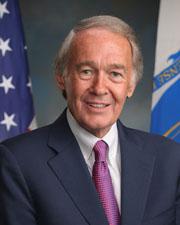
Sponsor
-
TrackRichard Blumenthal
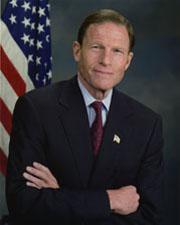
Co-Sponsor
-
TrackCory A. Booker
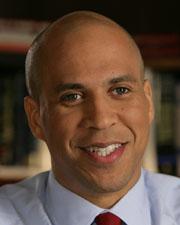
Co-Sponsor
-
TrackKirsten E. Gillibrand

Co-Sponsor
-
TrackBen Ray Lujan
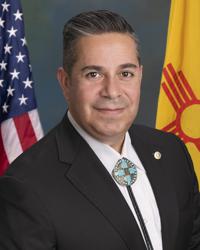
Co-Sponsor
-
TrackAlex Padilla
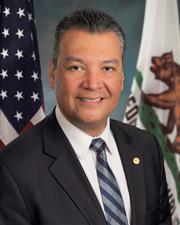
Co-Sponsor
-
TrackJeanne Shaheen

Co-Sponsor
-
TrackElizabeth Warren

Co-Sponsor
-
TrackSheldon Whitehouse

Co-Sponsor
-
TrackRon Wyden
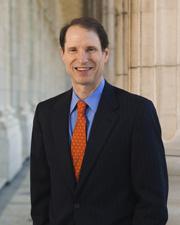
Co-Sponsor
Actions
2 actions
| Date | Action |
|---|---|
| Jul. 17, 2025 | Introduced in Senate |
| Jul. 17, 2025 | Read twice and referred to the Committee on Health, Education, Labor, and Pensions. |
Corporate Lobbying
0 companies lobbying
None found.
* Note that there can be significant delays in lobbying disclosures, and our data may be incomplete.
Potentially Relevant Congressional Stock Trades
No relevant congressional stock trades found.